Without changing anything in my settings, I can't connect to my PostgreSQL database hosted on Heroku. I can't access it in my application, and is given error
OperationalError: (psycopg2.OperationalError) FATAL: password authentication failed for user "<heroku user>" FATAL: no pg_hba.conf entry for host "<address>", user "<user>", database "<database>", SSL off
It says SSL off, but this is enabled as I have confirmed in PgAdmin. When attempting to access the database through PgAdmin 4 I get the same problem, saying that there is a fatal password authentication for user '' error.
I have checked the credentials for the database on Heroku, but nothing has changed. Am I doing something wrong? Do I have to change something in pg_hba.conf?
Edit: I can see in the notifications on Heroku that the database was updated right around the time the database stopped working for me. I am not sure if I triggered the update, however.
Here's the notification center:
